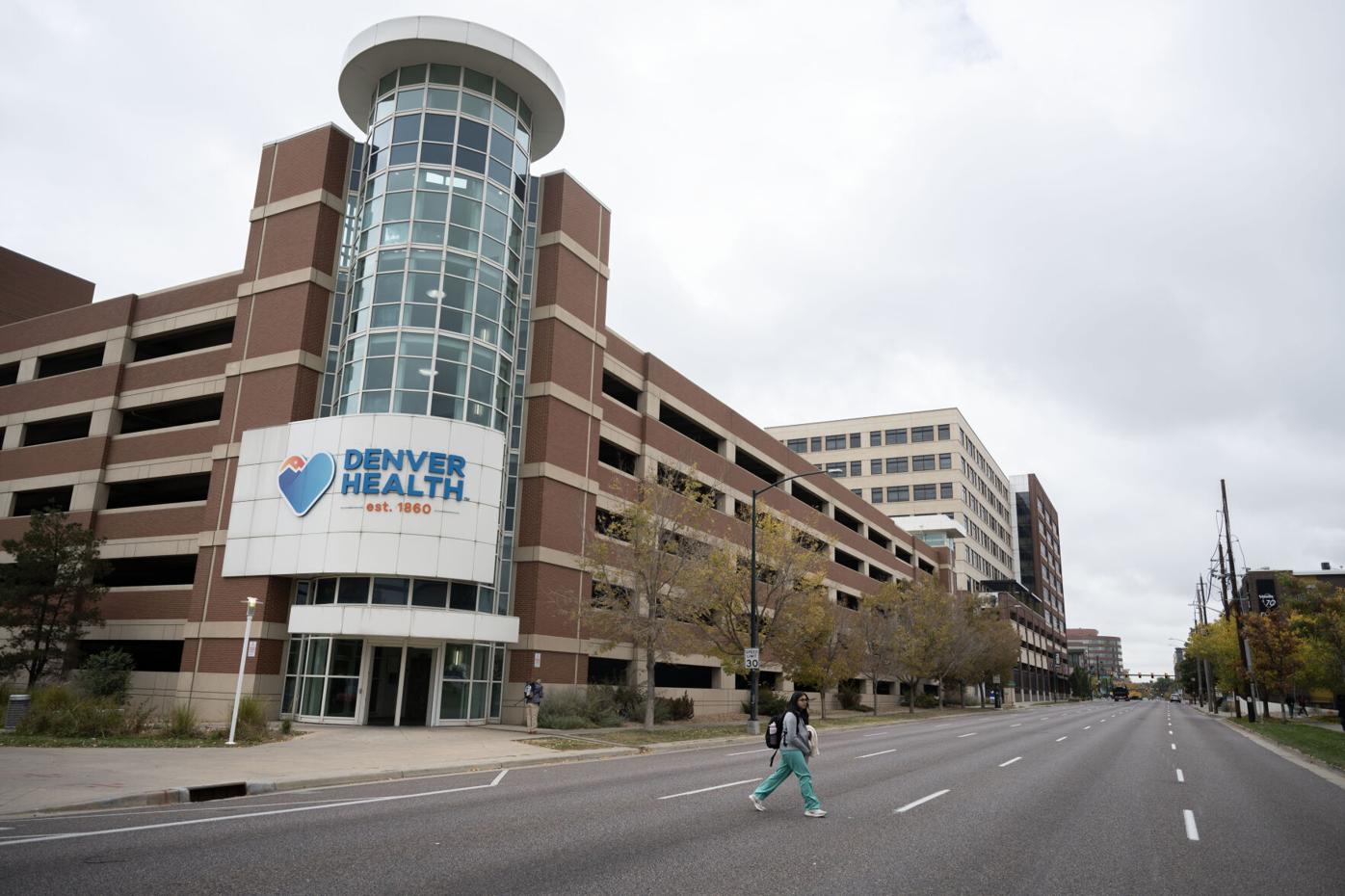Denver Health, UCHealth halt gender transition services for minors following Trump order
Under the threat of losing significant funding, two of metro Denver’s biggest hospitals have halted their gender transition services for minors to comply with an order from the Trump administration, which described such programs as the irreversible “chemical and surgical mutilation” of children.
The move by Denver Health and UCHealth is the latest indication of how Trump’s orders — from immigration to trade to “diversity, equity and inclusion” — have begun to reshape the operations of local entities that rely on federal funding. In particular, the Trump administration is using its funding leverage to immediately change the conduct of institutions that receive federal dollars even in states like Colorado, where Democrats control the levers of power.
The new administration’s order said medical professionals are “maiming and sterilizing” impressionable young children by performing irreversible surgical and chemical interventions by providing them with “puberty blockers” — drugs that suppress sex hormones during puberty — or performing sex change operations.
“This dangerous trend will be a stain on our nation’s history, and it must end,” the order said.
The White House mandated federal agencies that provide grants to medical institutions, including schools and hospitals, to take steps to ensure the latter end their gender transition programs for individuals 19 years and younger.
Denver Health received $792 million in combined funding from Medicare and Medicaid, which accounted for more than half of the healthcare system’s revenue in 2023.
Losing that portion of federal funding could cripple the city’s largest safety-net system, according to hospital officials.
“The executive order includes criminal and financial consequences for those who do not comply, including placing participation in federal programs including Medicare, Medicaid and other programs administered by HHS at risk,” Denver Health officials said in a statement. “These programs represent a significant portion of Denver Health’s funding, and the executive order specifically states that should we not comply, our participation in these programs is at risk.”
The hospital added: “The loss of this funding would critically impair our ability to provide care for the Denver community.”
UCHealth is also modifying its protocols to comply with the order.
Prior to Trump’s order, the hospital system offered gender transition services to individuals who are 18 and older.
UCHealth will now only offer those services to people who are 19 and older.
“As a result of the recent executive order regarding gender affirming care and funding for health care providers, gender-affirming surgical services at UCHealth facilities will now only be available for patients age 19 and older,” UCHealth Vice President of Communications Dan Weaver said in a statement to The Denver Gazette. “In addition, for the purpose of gender-affirming care, the specific medical therapies outlined in the executive order will now only be available for patients age 19 and older.”
Supporters of gender transition for children have argued that puberty blockers, for example, have been in use since the 1980s and are “overwhelmingly safe if used appropriately.” Others said “affirming” students’ gender identity can “improve their mental health and academic outcomes.”
Critics of transitioning minors have countered that America is an outlier, with several European countries, after embracing “gender affirming care,” now emphasizing psychological care over the transition of young people. In particular, the National Health Service in England said it will no longer prescribe “puberty blockers” to children and other young people seeking gender transitions, saying there is “not enough evidence of safety and clinical effectiveness.”
Denver Health — which said it is “proud to be one of a very small number of providers of comprehensive care services to all of our patients including to LGBTQ+ and gender-diverse patients” — will continue to provide primary and behavioral health care services, officials said.
According to Denver Health’s website, the system’s LGBTQ primary care services had included preventative health screenings, management of chronic conditions, behavioral health service, hormone replacement therapy, sexual health services, same-day pre-exposure prophylaxis, HIV services, dental services and eye-care.
Behavioral health counseling and therapy services, meanwhile, cover depression, anxiety, and behavioral problems, as well as grief, interpersonal conflict, “sexuality, trauma, neurodiversity, dissociation, and exploring gender.”
Denver Health, which receives roughly $89 million annually from the federal government, not counting Medicaid funding, has been facing a financial crunch.
Last year, Denver voters passed a sales tax increase to generate roughly $70 million a year for Denver Health. Before convincing Denver’s voters to approve the sales tax hike, hospital leaders said they were in a financial “death spiral” due to “uncompensated care” — the cost of providing services to people who are uninsured or underinsured.
Weaver, the UCHealth spokesperson, said that while the hospital system respects the private relationship between patients and their providers, it also has a responsibility to ensure it complies with all applicable laws and regulations “so we can continue to provide excellent medical care for our patients.”
“We know these changes may be challenging, especially for 18-year-old patients previously approved for gender affirming care, and behavioral health support services will be available to help support our patients as they navigate these changes,” he added. “Our emergency, specialty and behavioral health care services are always available to all of our patients.”





